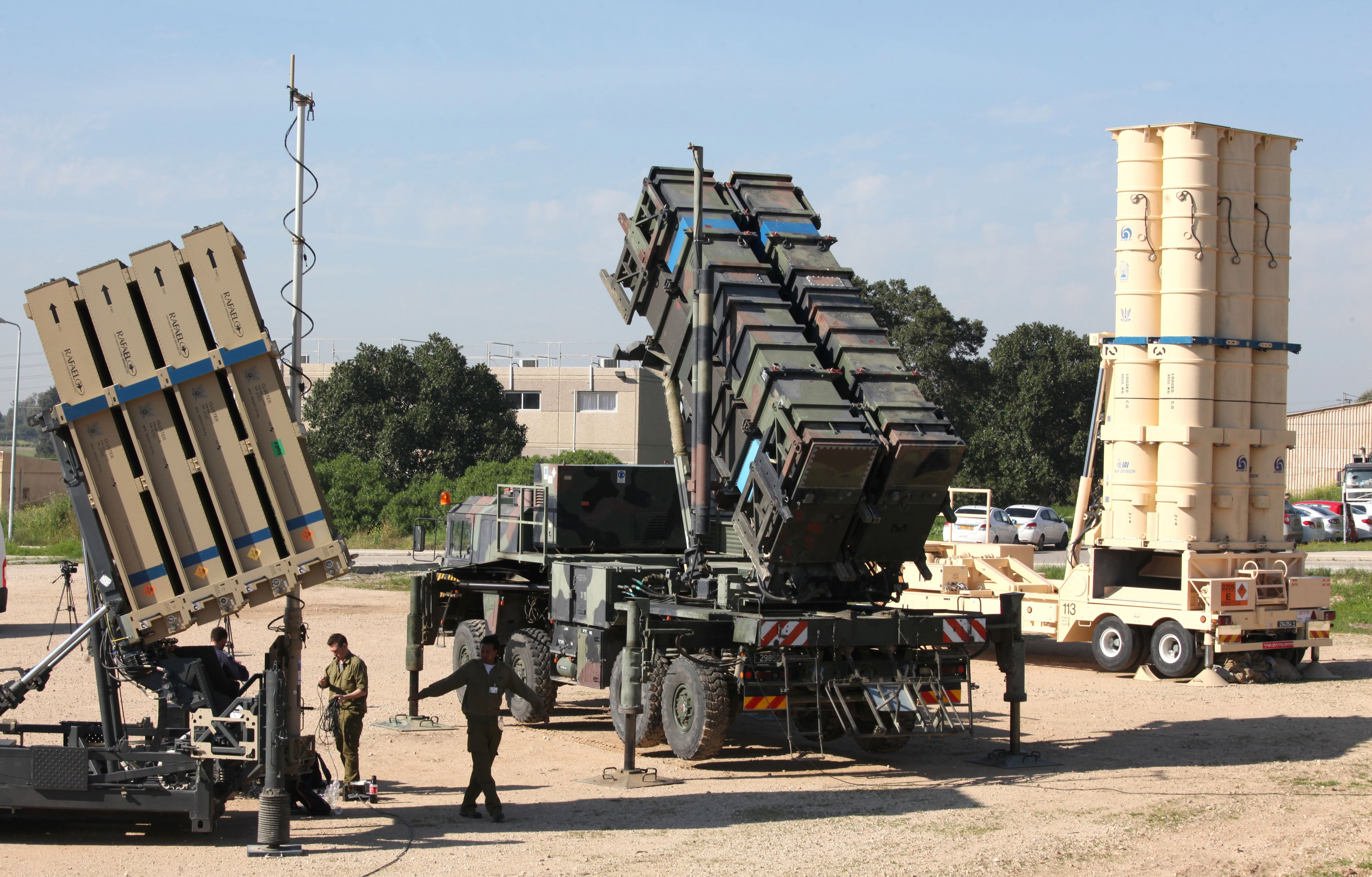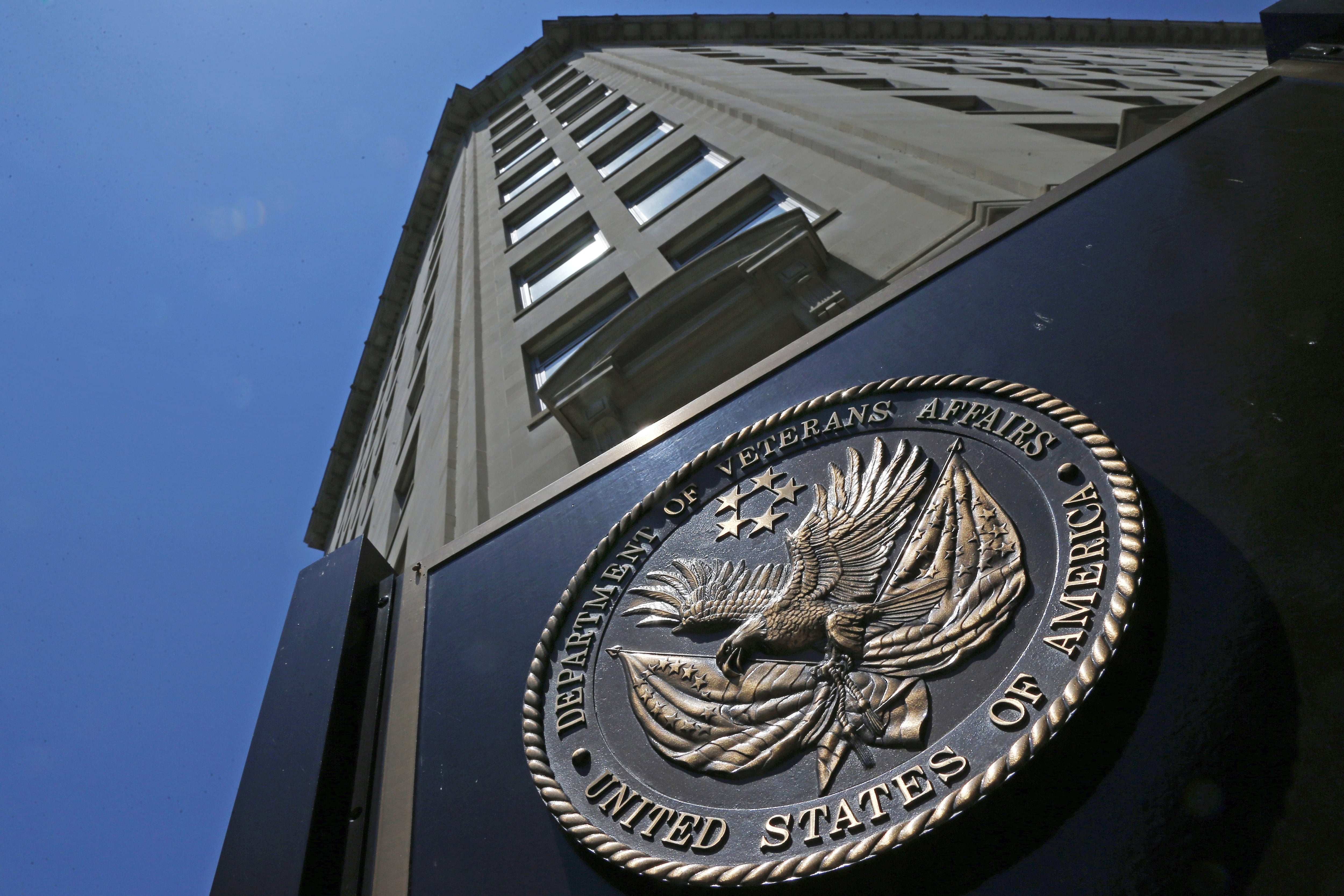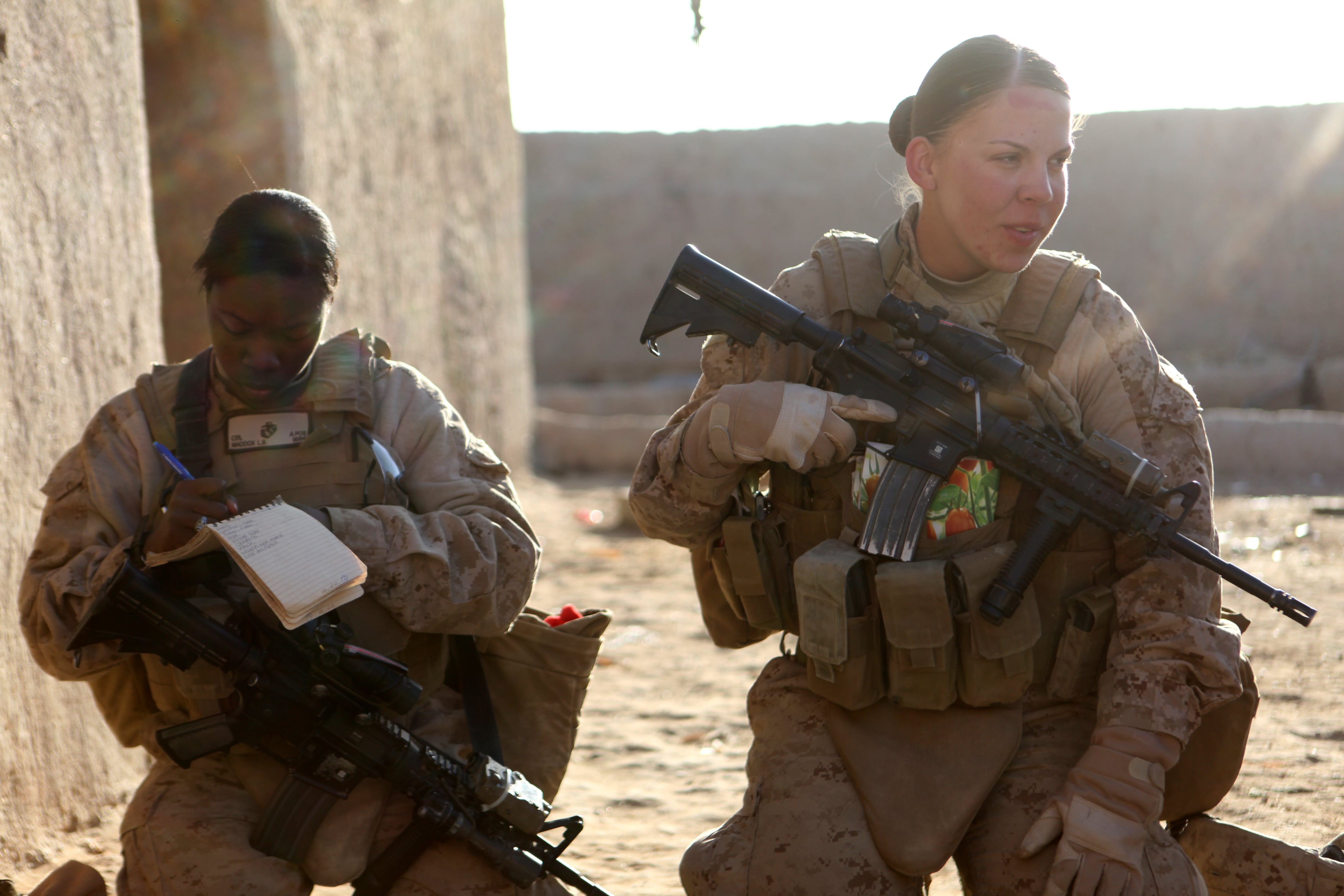JERUSALEM — The U.S. Army plans to buy a limited number of Iron Dome batteries, evaluating the option for protecting U.S. military service members against a wide variety of indirect fire and aerial threats.
In the long term the U.S. is still assessing a variety of other options, but the U.S. has been examining acquisition of several batteries of the Iron Dome since mid-2018 to fill the Army’s Indirect Fire Protection Capability Increment 2 needs. Initial reports indicated the U.S. would spend $373 million to purchase two Iron Dome batteries. The Iron Dome is one part of Israel’s multi-layered missile defense, including David’s Sling and Arrow 3, all developed with U.S. support.
Developed as a short-range anti-rocket system by Israel’s Rafael Advanced Defense Systems, Iron Dome fires a Tamir interceptor at incoming threats. The U.S. has spent $1.39 billion supporting the Iron Dome program, with Raytheon partnering with Rafael for coproduction in 2014. The NDAA in fiscal 2018 supported $92 million for Iron Dome and the FY2019 allocated $70 million.
Iron Dome was declared operational in 2011 and has proved itself in confronting a variety of missile and unmanned aerial vehicle threats against Israel in conflicts in 2012, 2014 and also in recent clashes along the Gaza and Syrian border. It has intercepted more than 1,500 targets at a 90 percent success rate. The range of threats it confronts have been expanded over time, including UAVs, cruise missiles and mortars. Most recently, in mid-January it was activated against a rocket fired from Syria.
The decision to procure Iron Dome comes on the heels of a variety of joint Israel-U.S. programs and defense systems that are increasingly outfitting U.S. forces. In January the US increased its purchases of Leonardo DRS-Rafael Trophy active protection systems for the M1 Abrams. The U.S. is also moving forward with equipping Bradley Fighting Vehicles with the Iron Fist Light APS. Iron Fist was developed by IMI systems and Elbit along with General. Dynamics Ordnance and Tactical systems.
Seth J. Frantzman is the Israel correspondent for Defense News. He has covered conflict in the Mideast since 2010 for different publications. He has experience covering the international coalition against the Islamic State group in Iraq and Syria, and he is a co-founder and executive director of the Middle East Center for Reporting and Analysis.




